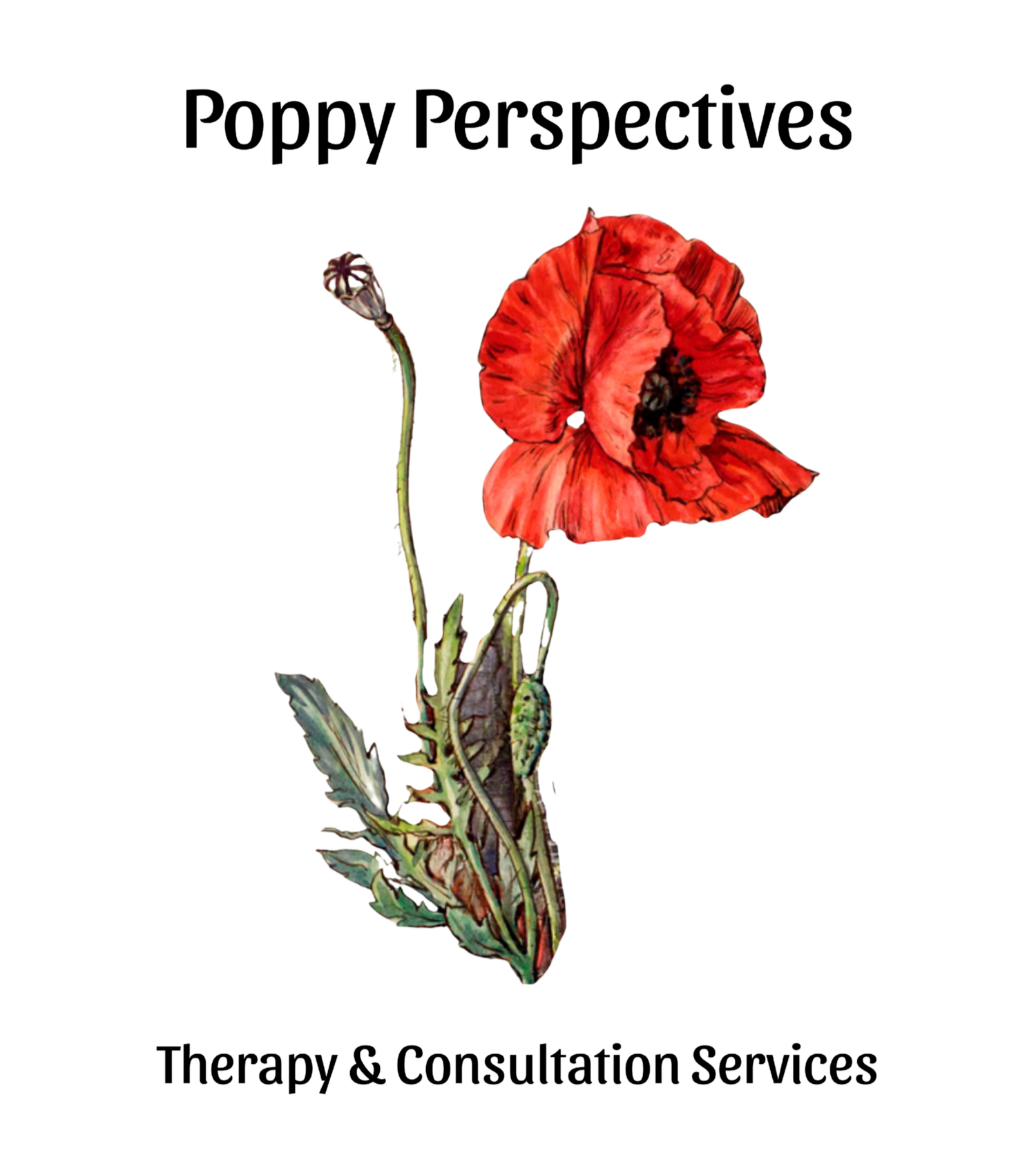
September 7th I published an article on my LinkedIn page about working with people experiencing a huge divide politically in their personal, professional and familial lives. It is staggering to me that only days later, an event occurred that has brought some people even closer together and polarized others even more. To me, this is a rather disturbing dialectic.
What I'm witnessing in my practice is what I've come to call sociopolitical dysphoria. Initially, I defined it as a profound sense of disconnection and fragmentation from one's social and political environment transcending typical partisan disagreement. As I have observed this growing unease in my clients, I've recognized the need for a working definition of this pervasive anguish. After researching myriad topics and disciplines as well as how the individual terms are used in research, I created an early working definition. I propose that sociopolitical dysphoria is a form of psychological distress represented by tenacious disquiet and estrangement resulting in dysphoria that emerges from a perceived schism between one's values, identity, or psychological needs within the social, political and overall cultural environment and systems.
The commonly stated, ‘I don’t feel safe’ refrain reflects something much deeper than political frustration; it's a fundamental alienation from the society people once felt connected to. Some people have never felt connected. My personal research into what I see as an emerging phenomenon has revealed a significant gap in established academic terminology. After extensive, exacting research, I appear to be the only person to have used the term in this way. While the exact phrase "sociopolitical dysphoria" may not have yet appeared in peer-reviewed literature, the underlying psychological experiences it describes are undeniably real and well documented within the contexts of related fields.
I would offer that perhaps we could reframe this current sociopolitical crisis and come together as humans. We come in all shapes and sizes. We come with varied beliefs and traditions that make this country great. Unfortunately, both sides of the coin have very staunchly and firmly held beliefs that are woven into our conversations and our daily interactions. What saddens me the most as a therapist is hearing people talk about the huge divides within their families and the splits that are occurring in them as a result of ideological misalignment. This results in sociopolitical dysphoria and is manifesting, in my experience, as chronic anxiety, depression, and self-isolation as people struggle to find meaningful ways to engage with divided families, friends, colleagues and institutions.
As opposed to engaging in safe and respectful discourse, more and more people are choosing to cut others out of their lives. This deeper and continued fragmentation of our society is a great concern to me because we do need each other to move forward. We do need each other to survive and to feel whole. Now, are there people who are never going to change their minds and perhaps make things much worse? Yes! These people exist, and perhaps cutting out what is perceived as toxicity to you personally is what you have to do as a human being in order to feel safe and okay. That being said, it concerns me that it’s becoming the go-to answer for many people. There are fewer people open to engaging in conversations that include validating another person’s right to hold an opposing belief within a disagreement without judgment on the other’s character.
We are humans, and as humans we come in all shapes and sizes. We come in different colors. We come with different ideas about how the world works. We come from different faiths and traditions. We bring our roots from different countries that, regardless of how long we've been here, may still manifest in something as simple as a great-great grandma's recipe from the old country. We also have people who have just come here and have no idea what the American ‘way of being’ is-if that still even exists. They may be holding on to their culture and values because that is what is safe and familiar and that is ok. In my perfect world, there is a place for all of us and a place where we can have a free exchange of ideas that is respected and where the critical thinking associated with those ideas is encouraged at all ages.
I welcome anyone into my therapy space who wants to talk privately and vent their anger and their fear and their desire for things to change, wherever that direction may be. It's not up to me to judge what's right for you. It is not up to me to judge what is wrong for you. It is up to me to hear you and help you work through the sociopolitical dysphoria that is becoming a shared human experience of feeling fundamentally disconnected from the society around us. If that means at 9:00 a.m. I am talking to a woman of faith who is distressed by the social issues she perceives as against her religion, that is wonderful. I will work with her and help her to find the place in her life where she can experience safety and comfort. I am not there to change anyone's mind. If I see a person at 10:00 who happens to be a transgender human and is extremely afraid of what is happening and is feeling afraid that they will be harmed or marginalized, okay. I am there to help them work through that and to help them find their personal grounding and centering and place of safety. I am not there to change minds rather to calm minds. I am there to help people find their authentic Self.
Whether the fear, anger, isolation, rejection (whatever the experience) is around the perceived erosion of traditional values or persisting historical injustices, the psychological impact remains remarkably similar: alienation, helplessness, and a sense that personal core beliefs are under a relentless siege. We need to know more about how to help people feeling this way. This infers that while the lived experience of sociopolitical dysphoria is profound, it has not been formally conceptualized or validated as a distinct construct. The convergence of research on political distress, pervasive social dysphoria, social alienation, and civic engagement provides a strong theoretical foundation for conceptualizing sociopolitical dysphoria as a meaningful psychological phenomenon.
I do not believe that we all have to think the exact same thing to live harmoniously in the United States of America. I would love to believe that we don't need to think the exact same thing to be harmonious worldwide. I take great pride in my ability to hear both sides and to offer coping skills and strategies to allow people to feel authentic comfort in being themselves. I hold great respect for the Fulbright program teaching me the skills and abilities to listen with an open mind and an open heart to people who are in pain regardless of their culture, their religion, their ideology, or their politics.
I worry that there are many people out in this world who may espouse more conservative beliefs but do not dare to share that. I worry that there are people out there in this world who have more liberal beliefs and are afraid to share that. If we are not engaging in discourse that allows us to see ourselves as human beings on the same existential journey as others, I'm not sure how we're going to move forward into a more unified and harmonious coexistence.
Recognizing sociopolitical dysphoria as a shared human experience rather than evidence of others' ignorance offers hope. Sociopolitical dysphoria represents an important bridge between individual psychological experience and broader sociopolitical contexts. Its formal recognition and systematic study could advance both clinical practice and theoretical understanding of how social, cultural, ideological, religious and political environments converge to influence mental health. Understanding sociopolitical dysphoria requires recognizing that healthy cultures depend on both robust civic institutions and developmental environments that build psychological resilience.
All humans need a basic sense of safety to be our best and most authentic selves. I want to serve all people. I want to be a catalyst for good, and what is good for one person is not necessarily good for another. I pride myself in truly looking at a whole person as an individual and seeing their strengths and challenges so that we may create the most authentic vision of who they wish to be and how they wish to operate within this world in a safe and personally satisfying manner. Speaking with people from all walks of life, while honoring and valuing diversity, I remain hopeful that the commonalities among people experiencing this sociopolitical dysphoria may actually be a springboard for personal and eventually communal growth.
As political polarization and social change continue to characterize contemporary society, understanding and addressing sociopolitical dysphoria becomes increasingly important for both individual well-being and broader social functioning. I am currently authoring a short paper providing the theoretical foundation for that important work, establishing a framework for future research while acknowledging the multitudinous pioneering insights from different disciplines that have helped me to further define this phenomenon. I feel that the newly minted concept of sociopolitical dysphoria represents an important contemporary contribution to mental health theory and practice, bridging gaps that may help us find new ways to intervene and move forward out of this pain.
Note: The concept of "sociopolitical dysphoria" is the sole intellectual property of Carol Ann McEachern-Murphy, LCSW, and was first articulated in her clinical writings and practice materials for her Poppy Perspectives therapy practice in early 2025, including advertising brochures and a LinkedIn post dated September 7th, 2025.

